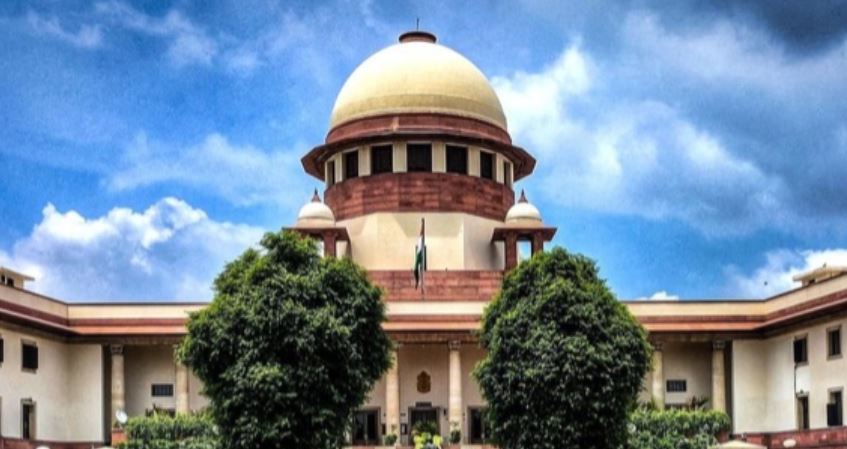A Delicate Judicial Balance
The Delhi High Court recently underscored the confidentiality of the Supreme Court Collegium’s rejection reasons for High Court judgeship candidates, emphasizing that such disclosures would be detrimental to the interests of those involved. This decision came as the court dismissed an appeal that challenged an earlier order rejecting a petition seeking transparency from the Collegium.
Confidentiality and Integrity
The court highlighted the integrated, consultative, and non-adversarial nature of judicial appointments, stating that these processes are not open to challenge except under specific conditions. The bench, comprising Acting Chief Justice Manmohan and Justice Tushar Rao Gedela, noted that revealing the reasons for rejection could severely impact the reputation and standing of the individuals recommended, thereby stifling the overall appointment process.
The Core of the Judicial Process
The judicial appointment process, as delineated by the Supreme Court, distinguishes between the eligibility and suitability of a candidate. This distinction is critical in maintaining the integrity of judicial appointments. The bench reiterated that the court cannot intervene in the subjective satisfaction of the Supreme Court Collegium regarding these appointments.
The Petitioner’s Concerns
Rakesh Kumar Gupta, the petitioner, sought a directive compelling the Supreme Court Collegium to disclose the qualifications considered for judgeship appointments and to publish monthly data on pending and disposed of recommendations. Gupta, citing personal grievances due to delays in his case at the Rohini district court, expressed concerns over the high rejection rates of recommendations by the Collegium, which he claimed were indicative of communication gaps between the Supreme Court and High Courts.
The Detriment of Disclosure
The High Court firmly held that publicizing the reasons for rejection would not only damage the interests and reputation of the candidates but also impede the candid and private deliberations of the Collegium. This perspective is rooted in the need to protect the integrity and efficacy of the judicial appointment process.
Upholding Judicial Independence
The court’s decision to uphold the confidentiality of the Collegium’s deliberations reflects a broader commitment to preserving the independence and integrity of the judiciary. By maintaining this confidentiality, the court aims to ensure that the appointment process remains free from external pressures and influences, thereby safeguarding the principle of judicial independence.
Legal Precedents and Framework
The legal framework governing judicial appointments in India is well-established. The Supreme Court has, over time, articulated the nuances of eligibility and suitability, ensuring that these appointments adhere to the highest standards of judicial integrity and competence. The High Court’s ruling aligns with these established legal principles, reinforcing the non-adversarial nature of the appointment process.
Conclusion: A Protective Veil
The Delhi High Court’s decision to protect the confidentiality of the Supreme Court Collegium’s reasons for rejecting judgeship candidates underscores the delicate balance between transparency and confidentiality in the judicial appointment process. By prioritizing the integrity and independence of the judiciary, the court has reaffirmed its commitment to upholding the foundational principles of the Indian legal system.
Key Learning Points
| Key Point | Description |
|---|---|
| Confidentiality in Judicial Appointments | The Supreme Court Collegium’s reasons for rejection are confidential to protect the interests of the candidates and the integrity of the process. |
| Non-Adversarial Nature | Judicial appointments are an integrated, consultative, and non-adversarial process, not subject to external challenges. |
| Distinction Between Eligibility and Suitability | The Supreme Court distinguishes between a candidate’s eligibility and suitability for judicial appointments. |
| Petitioner’s Concerns | The petitioner sought transparency due to personal grievances and perceived high rejection rates, suggesting communication gaps in the appointment process. |
| Upholding Judicial Independence | Maintaining confidentiality helps preserve the independence and integrity of the judiciary. |
| Legal Framework and Precedents | The legal framework governing judicial appointments is well-established, ensuring adherence to high standards of integrity and competence. |
| Detriment of Disclosure | Publicizing rejection reasons could damage candidates’ reputations and stifle the judicial appointment process. |
Soumya Smruti Sahoo is a seasoned journalist with extensive experience in both international and Indian news writing. With a sharp analytical mind and a dedication to uncovering the truth, Soumya has built a reputation for delivering in-depth, well-researched articles that provide readers with a clear understanding of complex global and domestic issues. Her work reflects a deep commitment to journalistic integrity, making her a trusted source for accurate and insightful news coverage.



